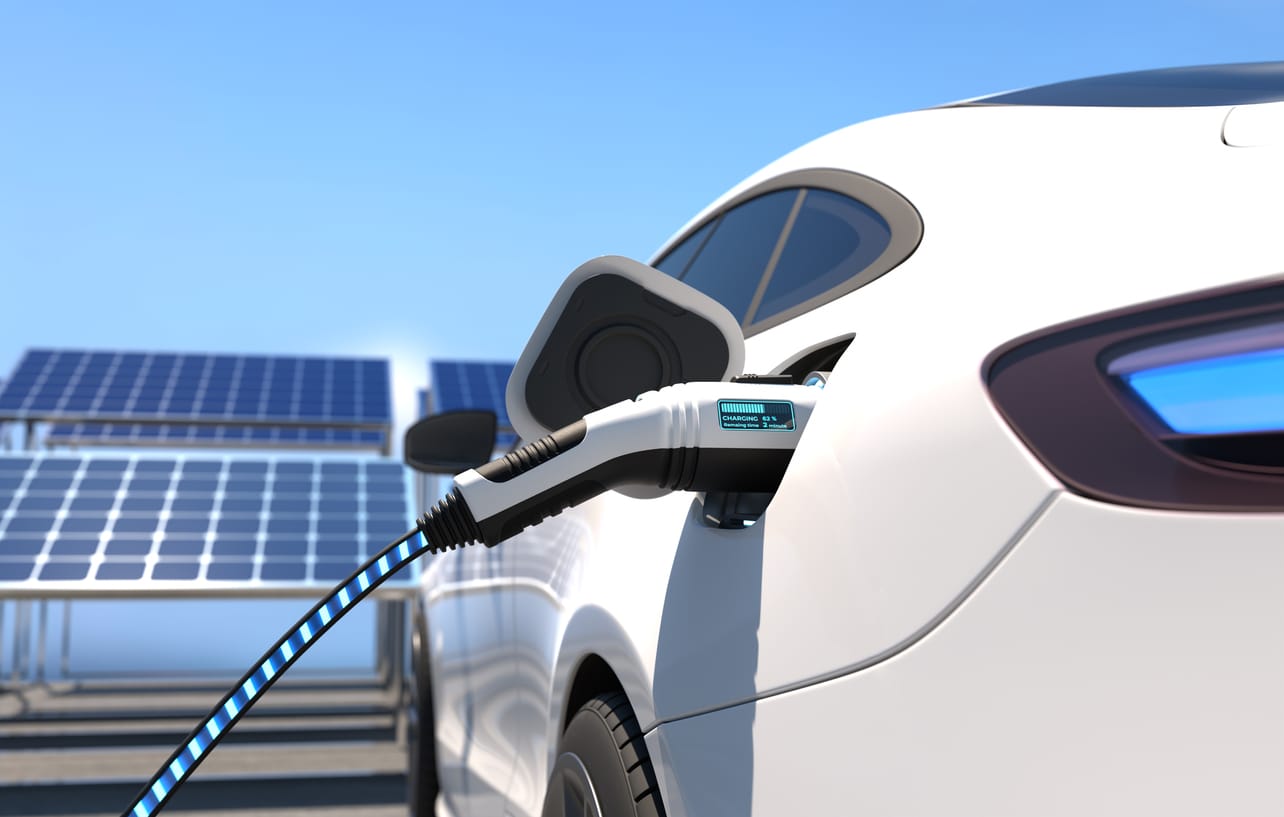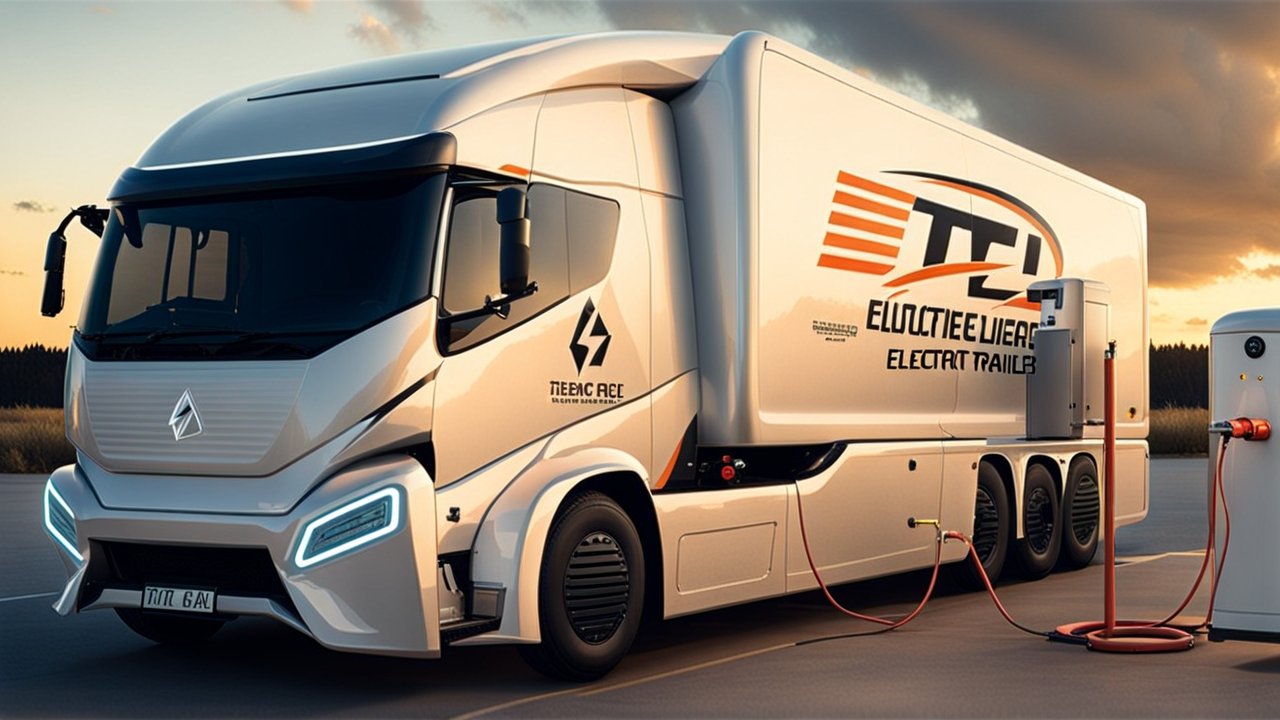Electronic vehicles, also known as EVs, are automobiles that can be powered fully or partially by electricity. They can be powered using a collective system or autonomously with the aid of a battery.
EVs are classified into two; Battery Electric Vehicles (BEV) that can be powered without fossil fuel & Plug-In Hybrid Electric Vehicles (PHEV) that are powered by a combination of electricity and fossil fuels.
Popular EV brands you might consider exploring are Tesla, Nissan, Hyundai, BMW, Kia, Chevrolet etc.

Since its first mass-produced in the 1900s, EVs have experienced gradual growth in the automotive industry although they were initially limited by the unavailability of electric grids and storage batteries and didn’t gain much popularity until the 21st century, especially after the COVID-19 pandemic lockdown that witnessed a reduction in the number of greenhouse gases from gasoline-powered vehicles.
EV technology is gradually becoming a widespread alternative in developed countries. They are now being encouraged to adopt the use of electric vehicles as a way to solve climate problems and reduce the consumption of gasoline. Economic analysts suggest that electronic vehicles may take up 30% of the world’s shares by 2030.
There’s an increasing demand for the production of electric vehicles in recent times. Because of their low operating costs as a result of lesser mechanical parts and low need for maintenance, many people are starting to prefer them to gasoline-powered cars. Its little or non-dependence on fuel feature also makes it an environment-friendly option that can meet personal transportation needs in the USA.
With increasing growth in the EV market, it is expected that future advancements in its technology will achieve greater efficiency and reduce energy consumption per mile covered by a vehicle.

The manufacturing industry plays a vital role in the US economy and the automobile industry is a major stakeholder that has contributed immensely to its growth. With growing projections in economic trends of the EV market, many automobile companies are beginning to build or expand their factories into strategic regions that will help them meet the increasing global demand and achieve a wider reach of consumers.
Newer firms like Tesla have started to make a huge impact in recent years with the construction of a Giga factory that could boast an intake of 10,000 staff.
Rivian and Hyundai have also revealed plans to expand their auto factories into other states in the US. If this proved sustainable and profitable, many more firms would begin to build auto factory structures in the USA. And of course, a robust automobile sector would contribute immensely to the job sector. Statistics suggest that there would be an 8% increase in private sector jobs and 10.3 million American jobs would be supported.
As of August 2022, California announced a rule that all gas-powered cars must be banned by 2035. Once this takes effect, other major producers of gas-powered automobiles will have no choice but to embrace newer innovations and develop a capacity that will aid the production of EVs if they intend to remain relevant in the auto industry. Southern States like Tennessee, Georgia, and Kentucky have also begun to record new auto factory projects proposed for their regions.
If more states in America can upgrade infrastructures such as roads and utilities, foreign companies will consider it an ideal location and the US will experience a major boom in its auto industry with the construction of many auto factories in years to come.
Recent innovations in EV technology have increased the demand for luxurious and aesthetically pleasing models already. If EV technology is further improved upon to develop more affordable and efficient options, there would be an increase in the EV market that would create a surge in auto factory construction.

Models like the Nissan Leaf and Chevrolet Bolt sell at a price slightly below $30,000. Other brands like BMW, Porsche, and Tesla may range from $50,000 to millions of dollars.
Yes. Countries like Europe with high energy costs are beginning to adopt EVs because of their low energy consumption rate. There are government policies that offer subsidies for EVs to encourage the production and use of these electric vehicles.




